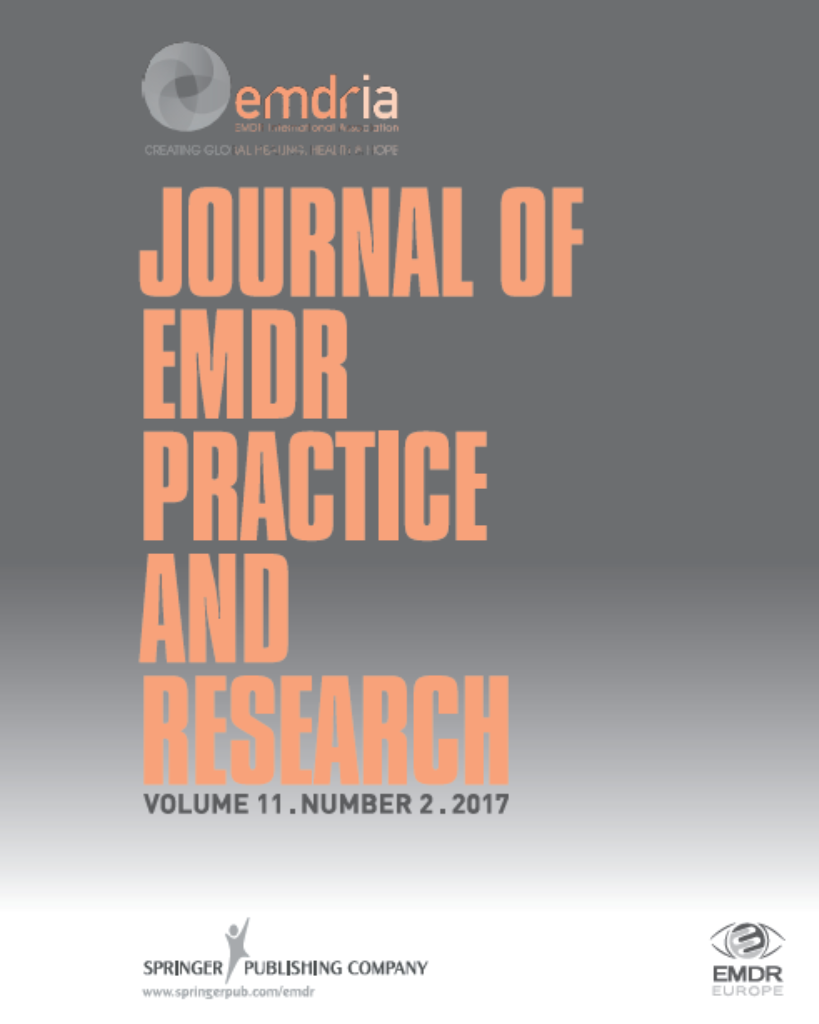Efficacy of EMDR in Body Dysmorphic Disorder and Associated Cognitive-Emotional Features
Efficacy of EMDR in body dysmorphic disorder symptoms and features like appearance-based rejection sensitivity, body shame, & self-compassion.
Article Abstract
“Body dysmorphic disorder (BDD) is a severe psychological disorder that significantly impacts functioning and quality of life. Eye movement desensitization and reprocessing (EMDR) presents as an emerging alternate psychological intervention. This study aimed to examine the efficacy of EMDR in BDD symptoms and associated cognitive-emotional features. These features include appearance-based rejection sensitivity, body shame, and self-compassion. Our study utilized a multiple-baseline across-subjects design, monitoring four randomly allocated female patients with BDD over a 10-session/90-minute EMDR treatment phase and two follow-up sessions at 1 and 3 months, respectively. Our results showed that EMDR significantly reduced BDD symptoms (recovery percentage [RP] = 60.54), appearance-based rejection sensitivity (RP = 36.56), and body shame (RP = 54.82) and increased self-compassion (RP = 51.79). Therefore, our study suggests that EMDR may be an effective treatment for BDD patients.”
—Description from publisher
Article Access
Free Access for EMDRIA Members or Purchase/Subscription Required
Pouladi, H., Rajabi, S., Jamshidi, F., Pakizeh, A., & Talbot, D. (2024). Efficacy of EMDR in Body Dysmorphic Disorder and Associated Cognitive-Emotional Features. Journal of EMDR Practice and Research, 18(2), 82–99. http://dx.doi.org/10.1891/EMDR-2024-0013
This content is restricted for members only. Please Log In or Join EMDRIA.





